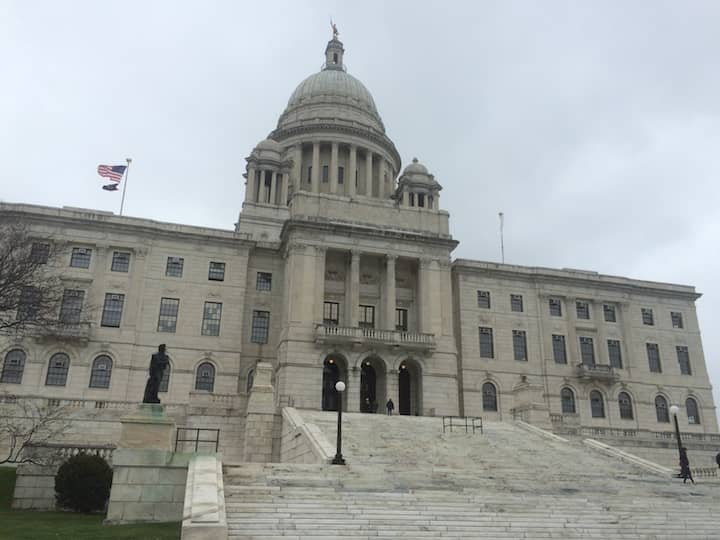

STATE HOUSE —Rep. Joseph M. McNamara (D-Dist. 19, Warwick, Cranston) has introduced the Embryo Safety and Storage Act to regulate use of hopeful parents’ frozen embryos, responding to the story the misplacement of a couple’s frozen embryos.
Tuesday night, parents and medical professionals testified in front of the House Committee on Health and Human Services in favor of the Embryo Safety and Storage Act of 2023 (2023-H 5177), urging lawmakers to support it.
“The unregulated and frankly shoddy manner in which many embryos are stored in medical facilities is appalling and has caused terrible heartache for families during an already emotional time in their lives,” said McNamara. “This bill would require the Department of Health to regulate and license embryo storage facilities to ensure that these embryos are protected, handled and catalogued competently.”
In-vitro fertilization, commonly known as IVF, is a widely used method of assisted reproductive technology (ART), which has helped an estimated 6 million couples in the United States who have trouble getting or maintaining a pregnancy to start families, McNamara’s office wrote in a statement about the legislation.
“It is in the best interest of the people of this state to direct the Department of Health to promulgate rules and regulations governing the storage of human eggs, pre-embryos, and embryos in embryo storage facilities to guard against catastrophic storage system failure and the potential loss of such specimens that may result from long-term power outages during storms and other natural disasters,” according to the text of the legislation .
Among those testifying in favor of the bill were couples and single mothers who have experienced the loss or misplacement of embryos at various state hospitals. One woman, whose embryos were lost by Women & Infants Hospital, testified in writing, saying, “The loss of our embryos has been a tortuous journey, and I grieve my powerlessness to protect our embryos and give them a chance at life. The Embryo Safety and Storage bill holds the promise of meaningful legislative change to assure the safekeeping of human eggs and embryos through greater regulation and licensure of cryopreservation facilities.”
The legislation is modeled on a New Jersey law that was enacted in the wake of two cryopreservation tank failures that were exacerbated when staffers were not properly trained to respond to the alarms. Under the bill, no one would be allowed to operate an embryonic storage facility unless licensed by the Department of Health, which would promulgate rules about the storage and care of embryos. Anyone operating a storage facility without a license would be subject to a fine of up to $5,000 or imprisonment for a period of up to two years, or both.
Dr. Diana Anderson, a physician who became a mother through in vitro fertilization, testified about the lack of regulation and communication that currently plagues the industry.
“I quickly became aware that embryo creation, testing, storage and transport had minimal, if any, oversight. I believe that we have a moral imperative to protect embryos within the ART industry the same way we care for and protect our patients.”
The legislation is cosponsored by Representatives Mary Ann Shallcross Smith (D-Dist. 46, Lincoln, Pawtucket), Karen Alzate (D-Dist. 60, Pawtucket, Central Falls), Julie Casimiro (D-Dist. 31, North Kingstown, Exeter), Susan Donovan (D-Dist. 69, Bristol, Portsmouth), Katherine S. Kazarian (D-Dist. 63, East Providence, Pawtucket), David Morales (D-Dist. 7, Providence) and Leonela “Leo” Felix (D-Dist. 61, Pawtucket). Similar legislation (2023-S 0096) has been introduced in the Senate by Sen. Joshua Miller (D-Dist. 28, Cranston, Providence), chairman of the Senate Committee on Health and Human Services.
This is a test
